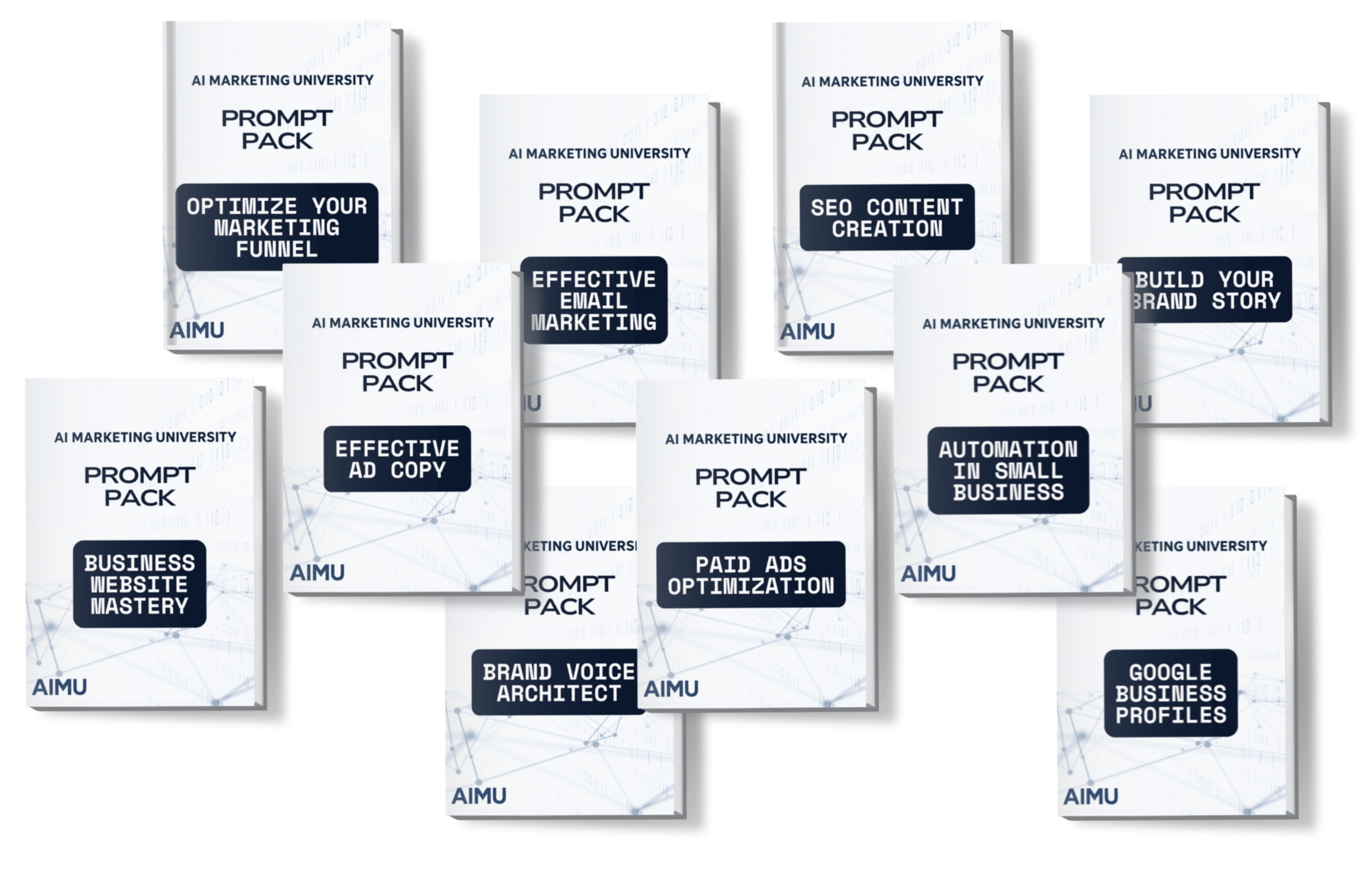Artificial Intelligence (AI) is everywhere. From chatbots assisting customers to algorithms predicting stock market trends, AI is revolutionizing industries at a breakneck pace.
According to a
2022 report by McKinsey, AI adoption has more than doubled since 2017, with over 50% of companies now integrating AI into at least one business function. Among the most popular AI technologies are Large Language Models (LLMs), which power tools like chatbots, content generators and even coding assistants.
However, while LLMs dominate the headlines, a new player is emerging—one that’s not just about generating text but executing actions.
Fetch.ai’s ASI-1 Mini is redefining what AI can do. But before we dive into why it’s a game-changer, let’s break down what makes AI so transformative today.
The Rise of LLMs. A Quick Primer.
LLMs are AI systems trained on vast amounts of text data to generate human-like responses. They’ve become invaluable in industries like customer service, marketing and software development.
According to
Grandview Research, the global AI market size is projected to reach $1.8 trillion by 2030, with LLMs accounting for a significant portion of that growth. However, LLMs have limitations. While they excel at generating text, they’re not designed for decision-making or executing tasks in real-world scenarios.
This is where ASI-1 Mini steps in.
Developed by
fetch.ai, ASI-1 Mini is not just another AI model—it’s a new paradigm. Unlike LLMs, which are primarily focused on generating text, ASI-1 Mini is an
Executable Agentic Expert Model (EAEM) designed to
act on information. Think of it as the difference between a tool that writes a recipe and a chef who cooks the meal.
1. Agentic Workflows for Real-World Impact
ASI-1 Mini is designed to function as an intelligent agent, capable of breaking down complex tasks and executing them step by step.
For example, imagine an AI agent that can negotiate the best energy rates for your home in real-time or optimize supply chain logistics to reduce costs. Gartner predicts that by 2025, 70% of enterprises will be experimenting with AI-driven agents, up from just 10% in 2020. ASI-1 Mini is ahead of the curve, offering a robust architecture for these applications.
2. Decentralized Architecture for Trust and Scalability
Traditional AI systems rely on centralized servers, which can be vulnerable to outages or control by a single entity. ASI-1 Mini operates in decentralized environments, ensuring greater transparency and security.
3. Advanced Reasoning for Complex Problems
While LLMs rely on patterns in data, ASI-1 Mini uses advanced reasoning to solve problems logically. This makes it ideal for industries like finance, healthcare and logistics, where precision and decision-making are critical.
AI systems capable of reasoning and decision-making are expected to grow, driven by demand for automation in high-stakes environments.
The AI landscape is evolving rapidly and ASI-1 Mini represents the next frontier. It’s not just about generating text—it’s about creating intelligent agents that can navigate and act in decentralized ecosystems.










